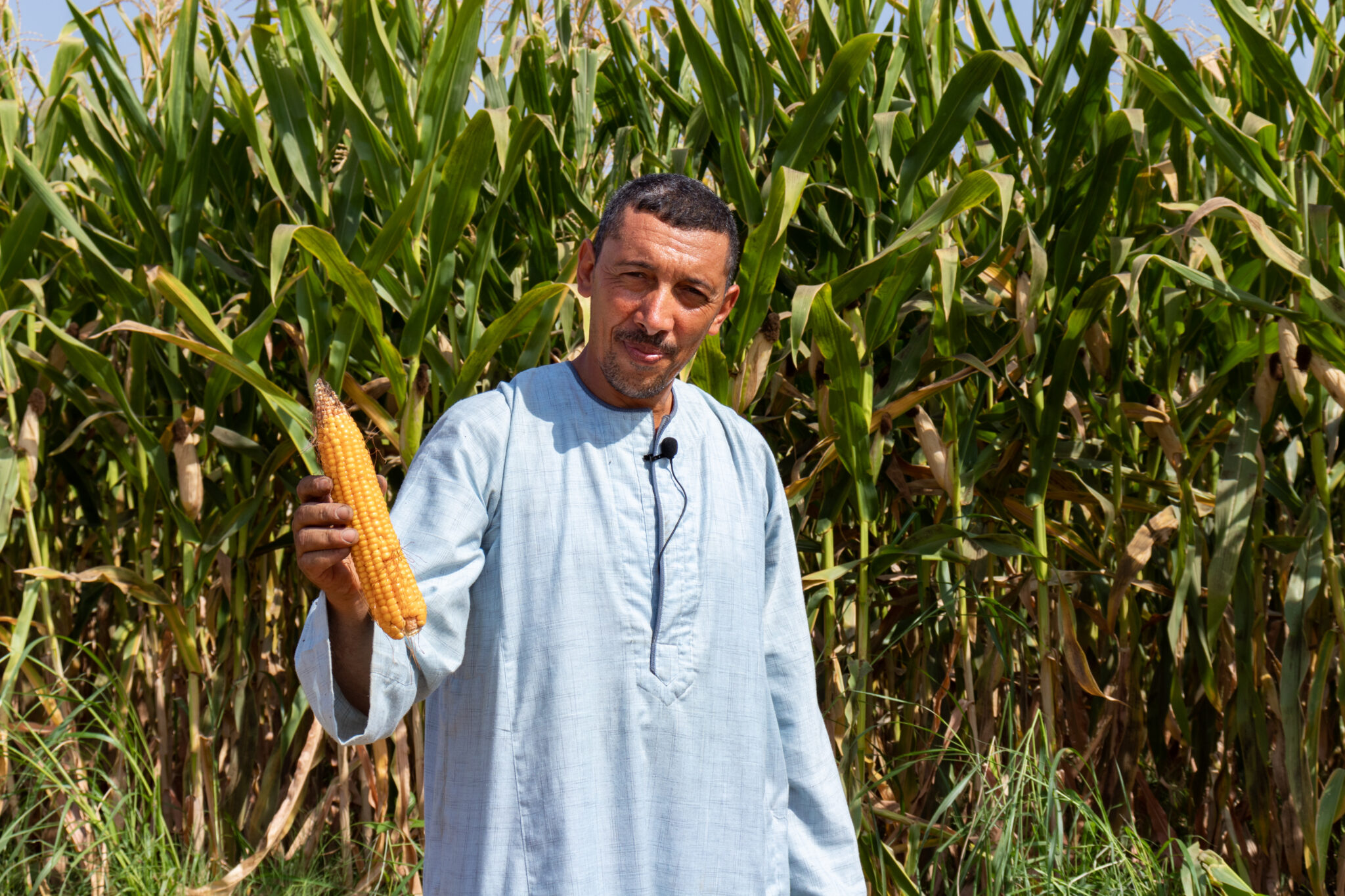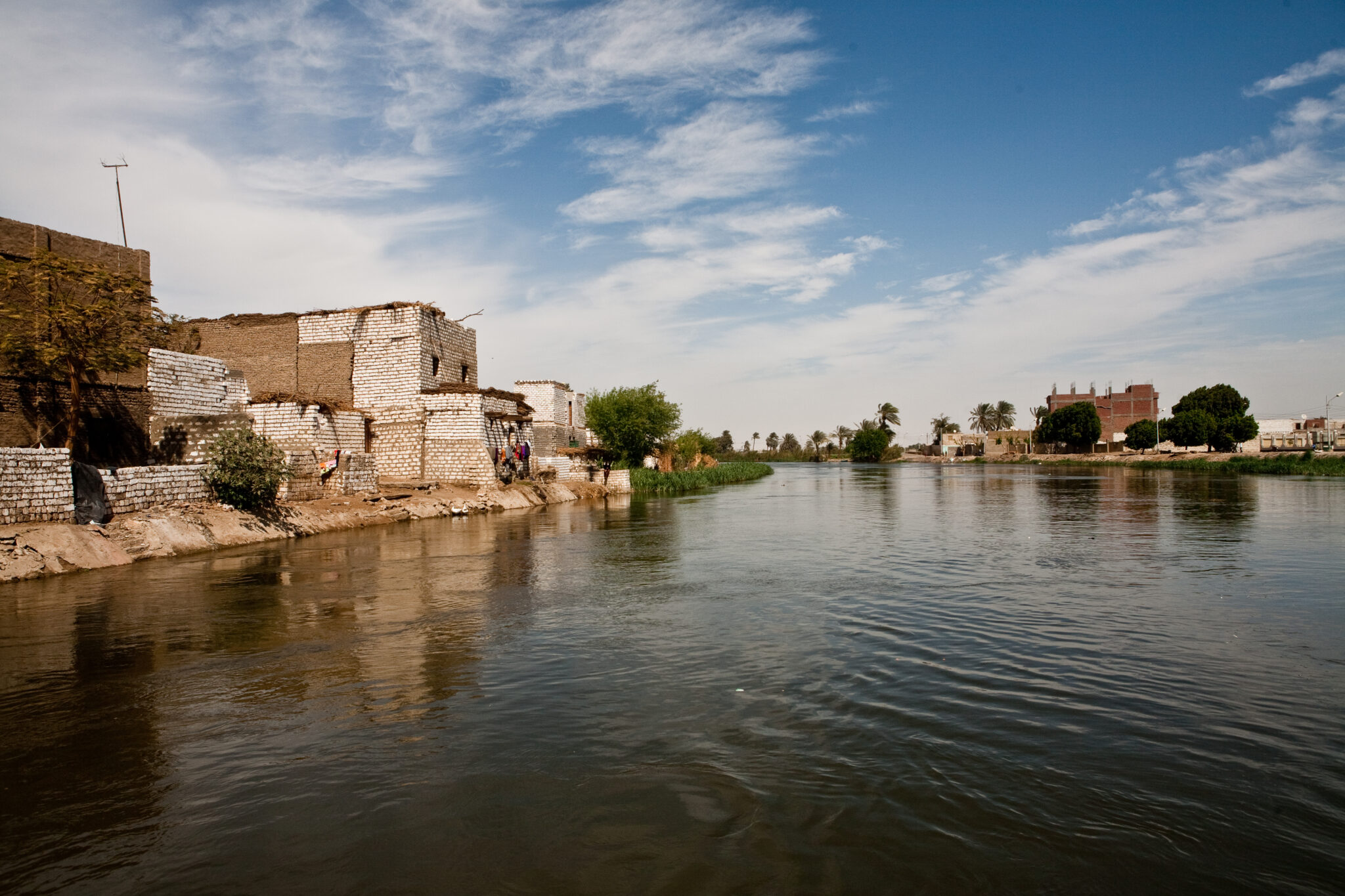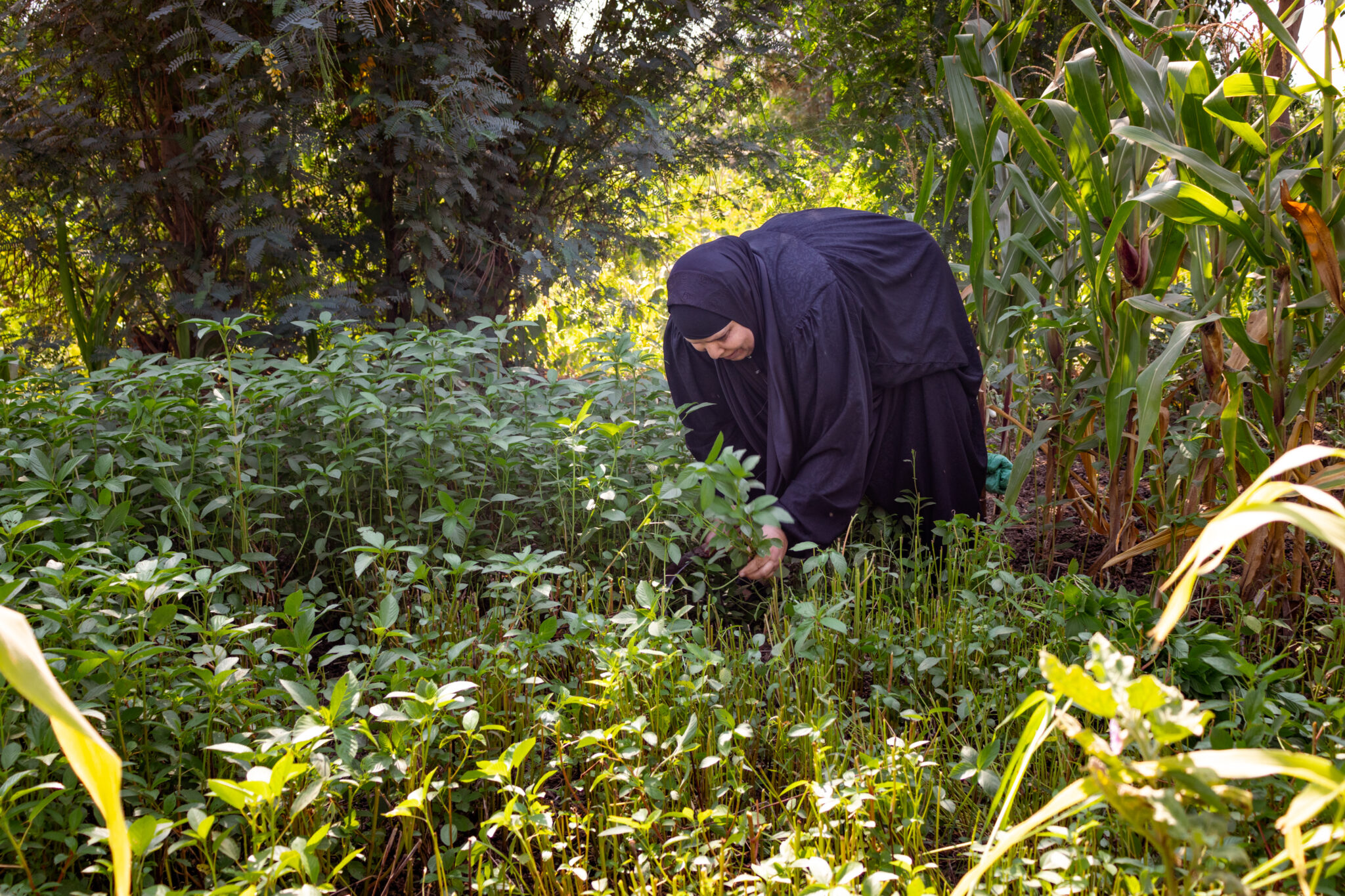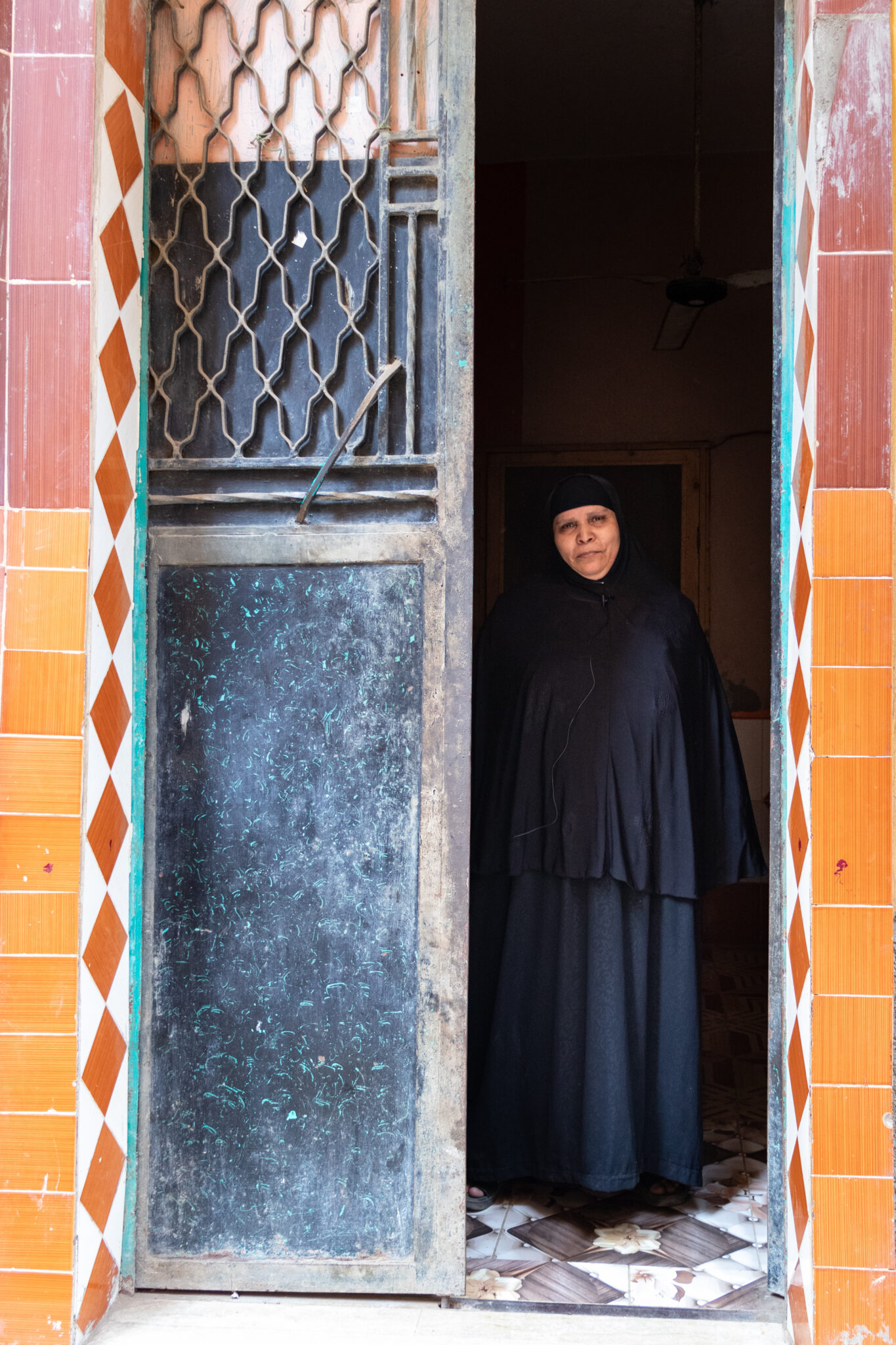Water in Egypt
Almost 90% of Egypt’s freshwater comes from the Nile. But population growth, overconsumption, and climate change are pushing the river to its limits. Danmission supports a project that educates farmers in sustainable and efficient ways to manage water resources.
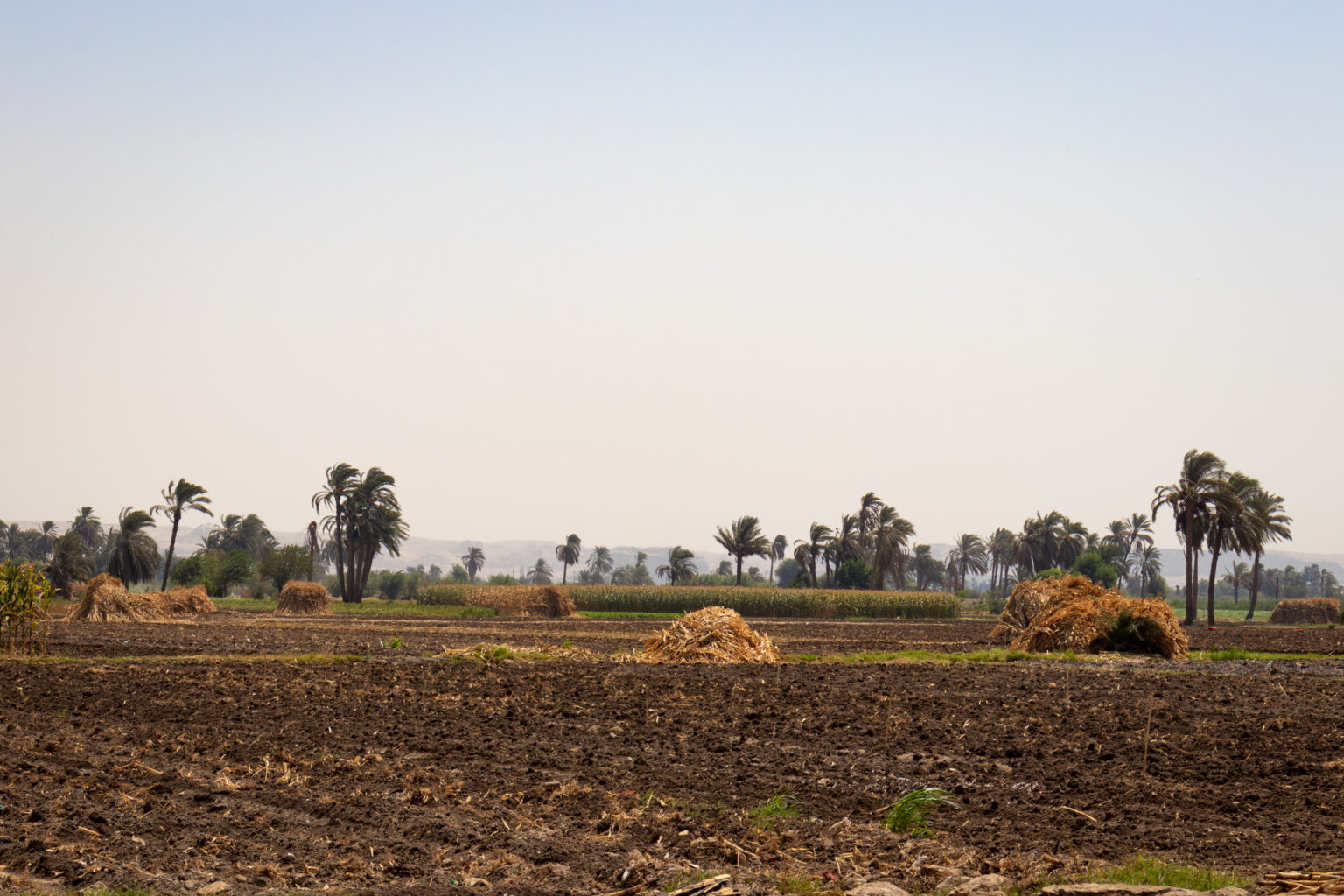
Building resilience through sustainable water use
Egypt is one of the world’s most densely populated and intensively cultivated agricultural regions. Nearly 90% of the country’s freshwater supply comes from the Nile – a lifeline for millions of people. Yet population growth, climate change, and inefficient irrigation methods are placing enormous strain on this vital resource.
Together with our long-standing partner the Coptic Evangelical Organization for Social Services (CEOSS), Danmission works to equip smallholder farmers with sustainable water management practices and to strengthen community resilience in rural Egypt.
Through farmer field schools, more than 4,300 farmers have been trained in techniques such as drip irrigation, which reduces water consumption and increases productivity.
These methods not only improve yields and soil quality but also reduce pressure on the Nile, securing livelihoods for families who depend entirely on agriculture.
After using drip irrigation to water my wheat plantation, my productivity and revenue increased by 50% while reducing the cost.
– Mahmoud, farmer and participant
Empowering rural women
The project also addresses gender and social inequalities by supporting women to establish climate-adaptive businesses. With financial and technical support, female entrepreneurs are introducing innovative solutions such as hydroponic rooftop farming and raising climate-resistant ducks.
Najwa transitioned from traditional farming to hydroponic rooftop agriculture while Maria now runs a small farm raising climate-resilient ducks.
These initiatives improve food security while providing women with new sources of income and independence.
Traditional agriculture needs a lot of pesticides and water, and takes a long time to grow, while modern rooftop agriculture is way faster, better in quantity and less tiring.
– Najwa, farmer and participant
Engaging youth and local governance
To ensure long-term impact, the project involves a wide network of stakeholders: local authorities, universities, faith-based actors, and grassroots organizations. Youth leaders are trained in climate advocacy, while university students develop innovative models for tackling water scarcity that can be tested in local communities.
At the community level, 24 resilience committees have been formed to represent local needs, engage with decision-makers, and promote collective solutions.
Our Impact
With our project, we indirectly reached 25,000 people through community initiatives – we engaged 6 governorates, formed 24 resilience committees and worked with 6 universities in awareness-raising and innovation.
0
people directly supported
This includes…
0
youth leaders trained in climate advocacy
0
smallholder farmers
0
rural women supported to establish climate-adaptive businesses
Part of a bigger change
Our work in Egypt is one of many initiatives where Danmission promotes climate justice and sustainable natural resource management. Together with partners across East Africa, Asia and the Middle East, we create opportunities, protect the environment, and strengthen communities.
Learn more about our work for Nature & Climate here.


